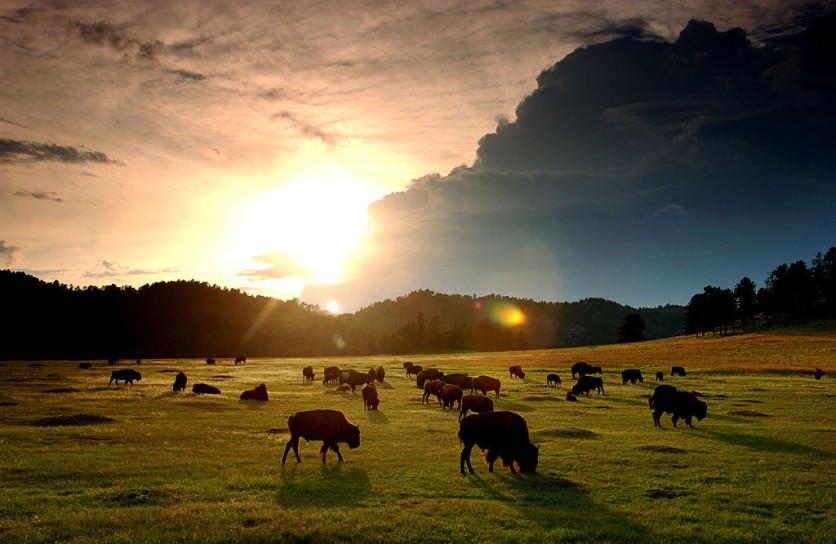The phenomenon of species extinction is a natural part of evolution, with about 500 species having disappeared in the past century, and a recent study suggests that the loss is not limited to individual species but extends to entire genera of animals.
Often, these extinctions are driven by climate change, which disrupts a species' ability to adapt to shifting environmental conditions.

Human Activities Accelerate Extinction of Genera of Animals
Researchers from Stanford University and the National Autonomous University of Mexico (UNAM) have conducted an analysis revealing that human activities such as deforestation, urbanization, and modern agricultural practices have accelerated the extinction of genera of animals in the past five centuries. Genera is the plural of genus.
According to Interesting Engineering, this rapid loss of species is equivalent to what would naturally occur over 18,000 years, leading scientists to describe it as a phenomenon of "biological annihilation."
The scientists also emphasized that vertebrates are now facing extinction at a rate 35 times higher than they have over the past million years. They noted that, without human interference, Earth would have experienced the loss of just two animal genera during that same timeframe.
A genus is a group of animals that share striking similarities and likely have a common ancestor, while a species represents a single type of animal. For example, the Equus genus has seven species, including two horse species, three zebra species, and three donkey species.
Entire Genera of Animals Are Vanishing
Researchers have made a concerning discovery: genus extinctions are happening at an alarming rate, which could mean a proportional eruption of disasters for humanity.
According to EurekAlert, the researchers have found that entire genera are vanishing in what they described as a "mutilation of the tree of life."
"In the long term, we're putting a big dent in the evolution of life on the planet... But also, in this century, what we're doing to the tree of life will cause a lot of suffering for humanity," said Gerardo Ceballos, senior researcher at the Institute of Ecology at the National Autonomous University of Mexico.
On the other hand, Paul Ehrlich, Bing Professor of Population Studies, Emeritus, in the Stanford School of Humanities and Sciences, noted that "what we're losing are our only known living companions in the entire universe."
In their extensive research, the duo analyzed 5,400 genera of land-dwelling vertebrate animals, encompassing a total of 34,600 species.
Their findings showed that since 1500 AD, 73 genera of land-dwelling vertebrates have sadly gone extinct. This unsettling trend was most prominent among birds, with 44 genus extinctions, followed by mammals, amphibians, and reptiles.
Among the unfortunate species that have gone extinct were the Paradise Parrot, Sicilian Wolf, Heath Hen, Passenger Pigeon, Japanese Sea Lion, Carolina Parakeet, and Tasmanian Tiger, among many others.
Historically, some specific eras have suffered more extensive species loss, called mass extinctions. In these dire events, 75 percent of species vanish within a short period of time, often less than two million years.
This comprehensive study that sheds light on the concerning state of biodiversity was recently published in the Proceedings of the National Academy of Sciences.
Related Article : World's Biggest Bee Believed To Be Extinct Found Alive In Indonesia

ⓒ 2025 TECHTIMES.com All rights reserved. Do not reproduce without permission.




